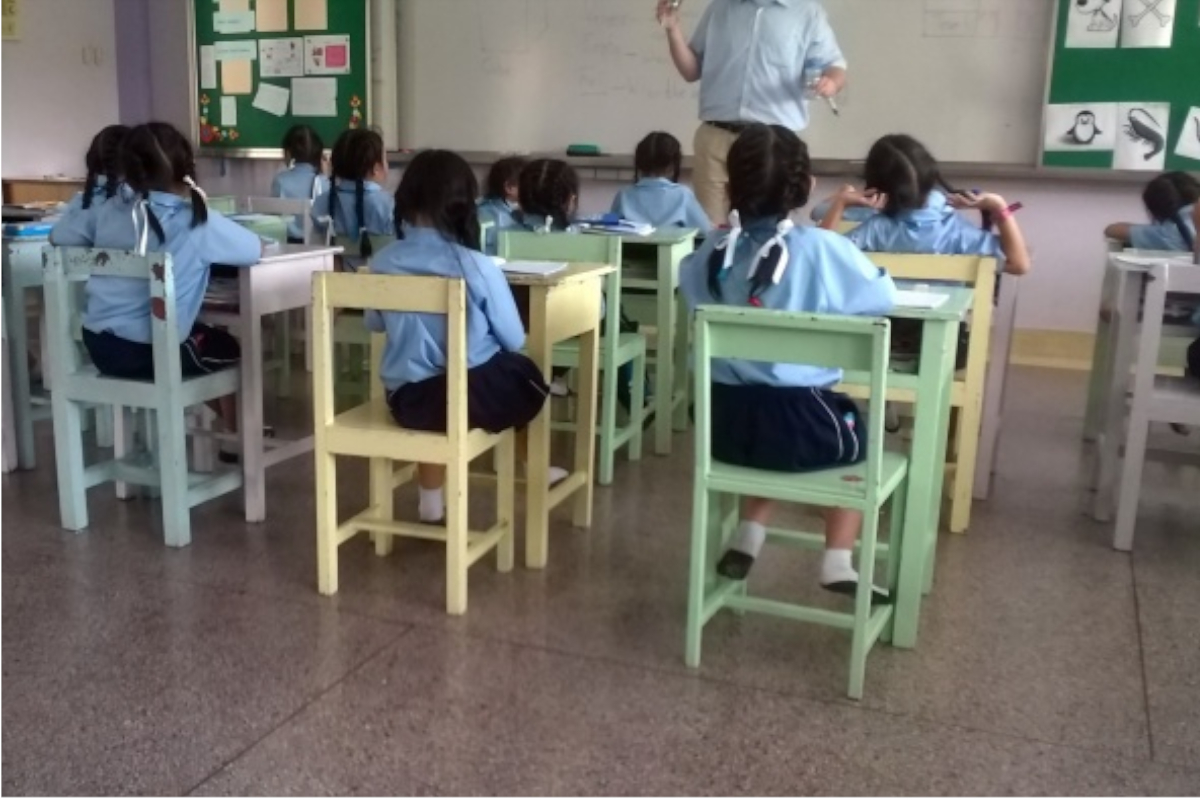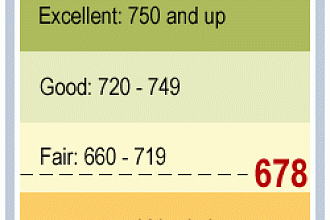When I was a teenager, the educators of my day believed that your IQ, or your Intelligent Quotient, was the best measurement of not only your learning aptitude, but also how successful you might be in life.
Consequently, if you did not do extremely well in either English or Mathematics, you tested very poorly on your IQ test; which could also mean you might be one of life's failures. Today, we know the IQ assessment measures only about 20 percent of who you are as a person. The EQ, or Emotional Quotient, is an improved measurement of your potential maturity and how, in adulthood, you might relate to life and your fellow human beings.
Besides your IQ and EQ, I believe there is another "Q" that may be equally important.
That is your "FQ" or Finance Quota. This FQ is not based on your temperament, genetics or smarts, but concerns the money management principles your parents taught you as you were growing up. Consider the fact that parents spend an inordinate amount of money making sure their children get the best education. They send them to the finest religious schools and summer camps. They pay for music lessons and special tutoring. They may even dole out more 'green backs' for driver's education, and yet fail to provide a learner's permit for basic finances.
I particularly like what Mary Hunt, in her book, Debt-Proof Your Kids contends; "It seems to me that if we could teach our children not to touch a hot stove, we could train them not to get burned by the lure of credit-card debt. If we could train them to look both ways before crossing the street, we could teach them to carefully read the fine print. If we could instill in them the value of delaying gratification, it could become a lifetime behavior."1
Having extolled the importance and value of exposing and teaching your children money management, this will not, however, guarantee your offspring a flawless financial future. It will, nevertheless, give them the best start in holding their own in an adult-economic world. To help parents reading this bulletin, I have outlined three areas that are a must for early childhood financial development. I like to call these the three big "S's" of money management.
SHARING
We all are aware that we live in a very greedy and selfish society. In these last few years we have seen CEO's and company executives of financial institutions accept tremendous salaries and bonuses. Recently, I read where top CEO's are earning more than 230 times the income of the average employee. However, the principle of sharing is a universal and timeless concept. God's universal love theme has been one of a generous giver. "For God so loved the world that He gave. . . ." We need to teach our children the value of compassion in sharing by simply showing them the needs of others and the blessings that come from unselfishly giving back. Kids are usually anxious to please, so it should not be difficult to teach them how to share a portion of their money management allowance.
YOUR KIDS' SHARING VALUES SHOULD INCLUDE:
- Sharing is always first; before spending or saving. It develops an attitude of gratitude and thankfulness.
- Sharing 10 percent is a good start, and is also part of God's plan for our lives.
- Encourage your children to give to causes they can see are helping others. For example, they might sponsor, with their parents, an orphan in an underprivileged country.
Begin by encouraging your children to take from their money-management allowance a portion to save for a future need or want. Take them regularly to the local bank and have them place in a savings account a second 10 percent of their money management allowance.
This is the best way to help them save for a larger item; such as a bike, an unusual science kit, or computer game. Saving a portion of their money management allowance will become a lifetime habit and will, as an adult, help them plan for those "rainy-day emergencies" as well as their "sunny retirement."
SPENDING:
Kids, at a very young age, learn very quickly the concept of spending. Just stand behind a toddler at a supermarket checkout stand and listen to the whining and pleading for candy. The most important lesson for children concerning spending is the difference between their "needs" and their "wants." A simple definition is, "needs" are the necessities of life; such as food, clothes and shelter. Whereas, "wants" are things that bring delight and pleasure to our lives, but that we can live without; such as games and special trips to theme parks.
As soon as a child can read and write, they should have a notebook-tracking-system of their spending. Each month, when they receive their money management allowance, they should record their income on the first line of a new page. Then, they can catalog below their deductions; beginning with sharing, then savings and then all the other spending items.
YOUR KIDS' SPENDING VALUES SHOULD INCLUDE:
- Needs are indispensable, but wants are optional.
- Remind them that a spending plan is the most important building block of the three "S's."
- Keeping a record of their spending is crucial. A monthly spending notebook must include both income money management allowance and expenses.
By Mary Hunt, Debt-Proof Your Kids, DPL Press, 2006, page 2.

























